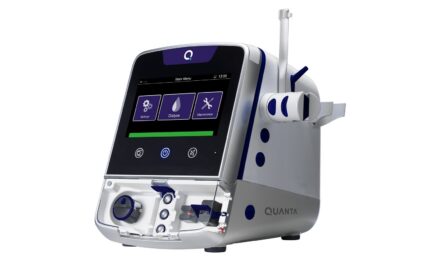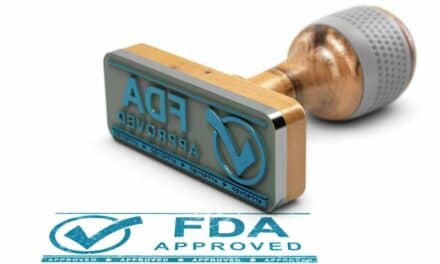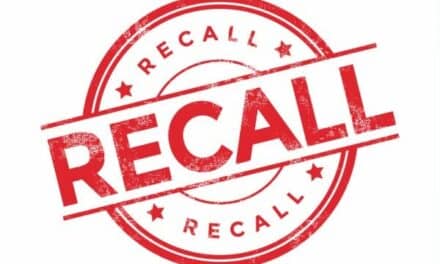In a joint effort, the U.S. FDA and the Centers for Disease Control and Prevention have taken action to make more respirators, including certain N95s, available to healthcare personnel. Currently, the majority of respirators on the market are indicated for use in industrial settings. This action allows certain National Institute for Occupational Safety and Health (NIOSH) approved respirators not currently regulated by the FDA to be used in a healthcare setting by healthcare personnel during the coronavirus (COVID-19) outbreak, thereby maximizing the number of respirators available to meet the needs of the U.S. healthcare system.
“President Trump has made it clear that protecting the American people is his top priority, and that includes taking every necessary step to ensure America’s healthcare providers have the tools they need,” says HHS Secretary Alex Azar. “The FDA and CDC’s action to allow a wider range of respirators to be used in healthcare settings will help those on the front lines of this outbreak and their patients, which will keep all Americans safe. We will continue pursuing every possible avenue to secure the protective gear needed for responding to the COVID-19 outbreak.”
Respiratory protective devices are designed to achieve a very close facial fit and very efficient filtration of airborne particles. When properly fitted, respirators, such as N95s, can filter more airborne particles than face masks, which is important during an outbreak of a respiratory disease like COVID-19. The FDA regulates respirators intended for use in a healthcare setting, however, most respirators are used in construction and other industrial jobs only and are therefore not required to meet the FDA requirements for testing.
Now, the FDA has granted the CDC’s request for an emergency use authorization (EUA) to allow healthcare personnel to use certain industrial respirators during the COVID-19 outbreak in healthcare settings. The FDA concluded that respirators approved by NIOSH, but not currently meeting the FDA’s requirements, may be effective in preventing healthcare personnel from airborne exposure, including COVID-19, which can cause serious or life-threatening disease, including severe respiratory illness.
Given the increased demand and supply challenges on the availability of respirators, today’s EUA helps to provide alternatives that can enable more healt care personnel to have access to this potentially lifesaving personal protective equipment. This action is the result of the close collaboration between the FDA and the CDC to prioritize access to needed medical products during this outbreak to support healthcare personnel.
“The FDA, alongside the CDC and other federal, state, and local partners, have been aggressively addressing the COVID-19 outbreak,” says FDA Commissioner Stephen M. Hahn, MD. “At the FDA, we’ve been working diligently to mitigate any potential shortages in the supply chain, including addressing increased demand and supply challenges associated with personal protective equipment.
“It is imperative that we assure health are personnel on the front lines of this outbreak have sufficient supplies of respiratory protective devices,” Hahn adds. “Actions like today’s emergency use authorization are one of many tools the FDA can utilize during a public health emergency to respond to critical public health needs.”
Of note, the agencies are not currently aware of specific widespread shortages of personal protective equipment, but there are reports of increased ordering of these products and shortages have been observed in some U.S. healthcare institutions. The FDA and CDC are aware that as the COVID-19 outbreak continues to expand globally, the supply chain for these devices will continue to be substantially stressed as demand exceeds available supplies. Under the circumstances of this emergency, nationwide shortages are anticipated.





